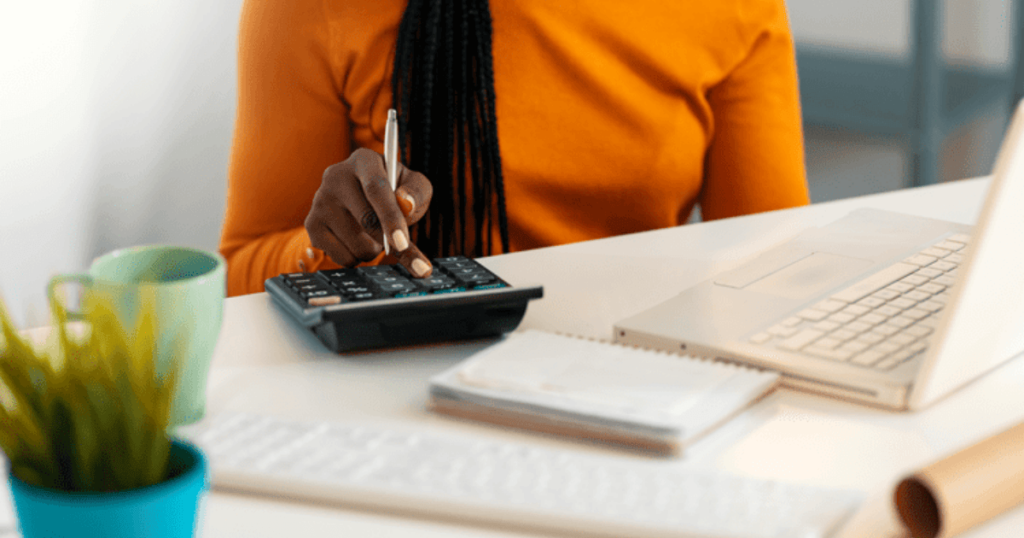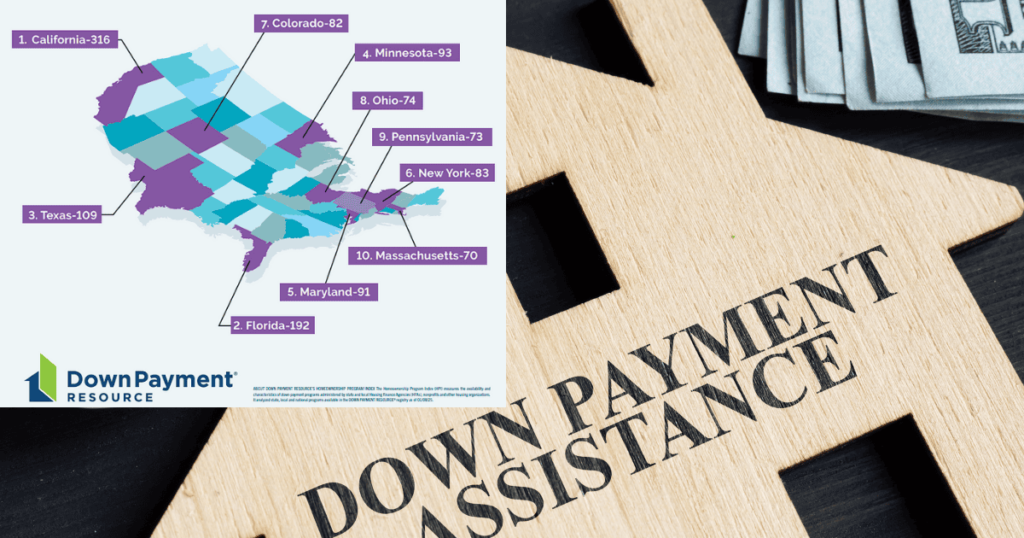Purchasing a home is an exciting step that requires careful financial planning, even more so for first-time home buyers. Understanding what to save for when buying a home is important part in avoiding any financial surprises and ensure you’re well-prepared for the various costs involved in purchasing a home. From the down payment to closing costs, there are several key expenses to budget for, and understanding these will help you navigate the home-buying process easily.
Table of Contents
Down Payment: The Key Starting Point
The first thing that comes to mind when buying a home is the down payment. A down payment is the money you pay for the home’s purchase price. It’s often thought that you need to save 20% of the home’s cost for the down payment, but that’s not always the case.
How Much Should You Save for When Buying a Home?
While a 20% down payment is common, many loan types allow for much smaller down payments. Some programs offer as little as 3.5%, and even zero down payment options are available for specific borrowers, such as veterans or those applying for specific government-backed loans.
Options for Lower Down Payments
- FHA loans: As low as 3.5% down
- VA loans: Often require 0% down for eligible military members
- Conventional loans: Can offer as little as 3% down
By working with a trusted lender, you can explore various loan types and find the one that fits your financial situation and goals.
Closing Costs: Understanding the Hidden Fees
Along with your down payment, there are additional costs you’ll need to prepare for — namely, closing costs. These are the fees associated with finalizing your home purchase.

What is usually included in Closing Costs?
For the most part, the closing costs typically range from 2% to 5% of the total loan amount. They include:
- Appraisal fees
- Title insurance
- Loan origination fees
- Underwriting fees
Although these costs can add up, your lender will guide you through the specifics and provide you with an estimate so you aren’t caught off guard at the closing table or you can explore Fannie Mae website and check out their free closing cost calculator
Real Estate Agent’s Service Fee
Being a buyer in the current market, you may also need to consider the real estate agent’s service fee. While the seller often covers this service fee in many transactions, clarifying this upfront with your agent is essential to avoid last-minute surprises.
Earnest Money Deposit (EMD): A Good Faith Deposit
When you make an offer on a house, you will likely be asked for an earnest money deposit (EMD). Earnest money deposit is money you pay to show the seller you’re serious about buying the property.
How Much Should You Save for EMD?
For the most part, the earnest money deposit is about 1% to 2% of the home’s price, often depending on the house’s cost. While it isn’t an extra expense, preparing this money is important for your overall savings.
If your offer is accepted, the EMD goes toward your down payment of closing costs. If not, the money is generally refunded unless you back out of the deal for reasons not covered in your agreement.
Home Inspection and Appraisal Fees: Don’t Skip Them
Home inspections and appraisals are two crucial services that protect you as a buyer.
Home Inspections
A professional inspection ensures there are no significant issues with the home that could cost you down the line. Depending on the home’s size and location, an inspection can cost between $300 and $500.
Appraisals
Lenders require an appraisal to confirm that the home is worth the loan amount. The appraisal is typically another expense ranging from $300 to $600, which may be included in your closing costs or paid upfront.
Homeowners Insurance: Is a Must-Have
Homeowners insurance is another important item to consider when saving for a new home. The homeowner’s insurance protects your property from damages caused by fire, theft, or other unforeseen natural events. Lenders typically require homeowners insurance before you can close on your home, so it’s essential to factor this cost into your savings plan. In most of Texas, you can expect to pay between $1,500 and $4,000 per year for homeowners insurance, depending on the size and location of your home.
Property Taxes: Ongoing Costs
When buying a home, it’s important to consider property taxes as part of your ongoing costs. Property taxes are annual fees paid to your state and local governments, often included in your monthly mortgage payment. The rate of property taxes varies by location. Still, in Texas, they typically range from 2% to 3% of the home’s value each year. To ensure you are financially prepared, estimate these costs before purchasing your home.
Moving Expenses: Budget for the Big Day
Budget properly for the costs associated with moving into your new home. Whether hiring a moving company or renting a truck, the moving process can be costly. When buying a home, consider these expenses in your savings plan. Moving costs can vary significantly, ranging from a few hundred dollars to several thousand, depending on the distance you’re traveling and the services required.
Utility and Maintenance Costs: The Things That Keep Things Running Smoothly
Now that you’ve bought your home, there will be ongoing utilities like electricity, water, and internet expenses. You’ll also need to budget for maintenance costs such as lawn care, snow removal, and regular home upkeep. While utility and maintenance costs may not be at the top of your mind, they are a necessary part of homeownership and should not be overlooked when considering what to save for when buying a home.
Emergency Fund: Be Prepared for the Unexpected
Finally, ensure you have an emergency fund after buying your home. Unexpected expenses can arise anytime, whether it’s a home repair or an unforeseen medical bill. Having an emergency fund is critical and an essential aspect of what to save for when buying a home.
Conclusion: Plan Ahead for a Smooth Homebuying Journey
Planning agead and understanding what to save for when buying a home is very important for a smooth and successful homebuying experience. By planning for the down payment, closing costs, earnest money deposit, and other necessary expenses, you’ll be in a strong financial position to navigate the process confidently.
FAQ – What to Save for When Buying a Home
How much should I save for a down payment on a house?
Typically, you’ll need to save between 3% and 20% of the home’s purchase price, depending on the loan type.
What do closing costs include?
Closing costs can include appraisal fees, title insurance, and loan origination fees, and typically range from 2% to 5% of the total loan amount.
What is an earnest money deposit?
An earnest money deposit is a small amount you pay to show the seller you’re serious about buying their home. It typically ranges from 1% to 2% of the home’s price.
How much does homeowners insurance cost?
Homeowners insurance typically costs between $500 and $2,000 per year, depending on your home’s size and location.
What should I include in my emergency fund after buying a home?
It’s a good idea to have three to six months’ worth of living expenses saved up in case of emergencies or unexpected costs.





